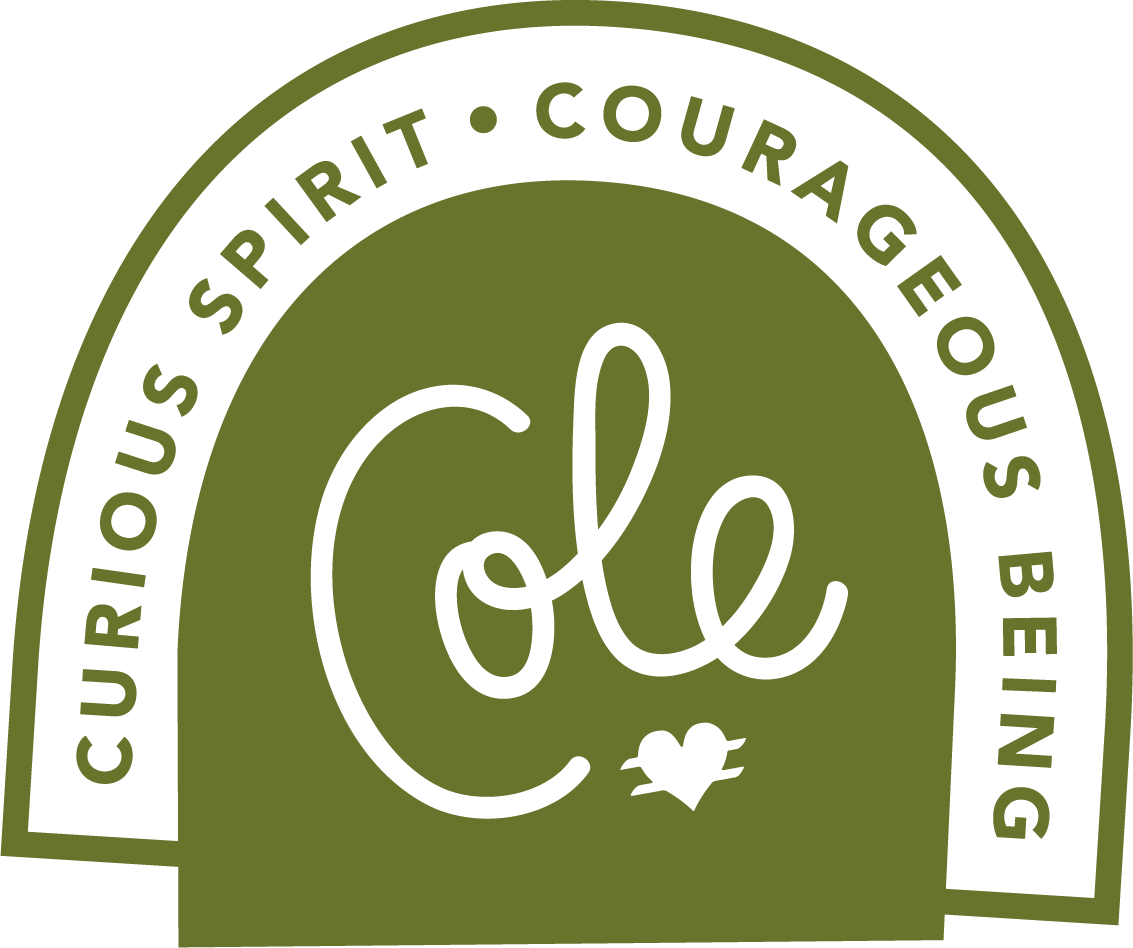Book Review: Brain Tumor by Kathy Eliscu and Ted White
Themes Of: cancer, brain cancer, death of a spouse, marriage, medical careers
I met Kathy in 2018 at a conference in Cincinnati and bought her book Not Even Dark Chocolate Can Fix This Mess. That was a great read, but I’m here today to talk a little bit about her book Brain Tumor: A Love Story written by Kathy Eliscu and her husband, Ted White.
Setting: April 2011, out-of-state hospital.
“Are we worried?” I ask the doctor, in front of Ted, fully expecting him to say,
“Oh, no. Nothing a round of antibiotics can’t treat.”
Instead, we are in a race against death, as we begin an unasked-for journey of denial, hope, anger, love—and everything in between.
In my work as a thanatologist, chaplain, and deathworker, I have found that a book with some sort of parallel storyline to something in our own lives can be a form of medicine. It can be such a comfort to read something that reflects part of our own story; to know that others have walked this same path. Do you have a partner navigating cancer? Are you a caregiver? Have you been walking the path of a longterm illness? Have you been deeply in love?
I had the opportunity to read this book before it was published and I read right through it. This book was written by both Kathy, from her perspective, and Ted, from his, as they both navigated his cancer journey. I have not read something quite like this before, and found that it provided an engaging and accessible reading experience. This book also has a strong sense of place with wonderfully rich descriptions that made me feel like I could ‘see’ the scenes.
I’m also in year 20 of my relationship with my husband and found the opportunity to bear witness to Kathy and Ted’s journey not only through a serious illness, but also through being seriously in love, meaningful. It gave me a chance to think about how my husband and I might navigate something like this, and how prepared I may or may not be.
Stories like these are important and I genuinely, deeply enjoyed reading it. I believe that the right book at the right time can be a non-clinical support tool—that’s why it’s so helpful to see reflections of our own lived experiences in others. It connects us, and shows us that we’re not alone, and also that we aren’t the only ones. I’m happy to recommend this book and hope if something resonates with you, that you’ll pick it up too.

